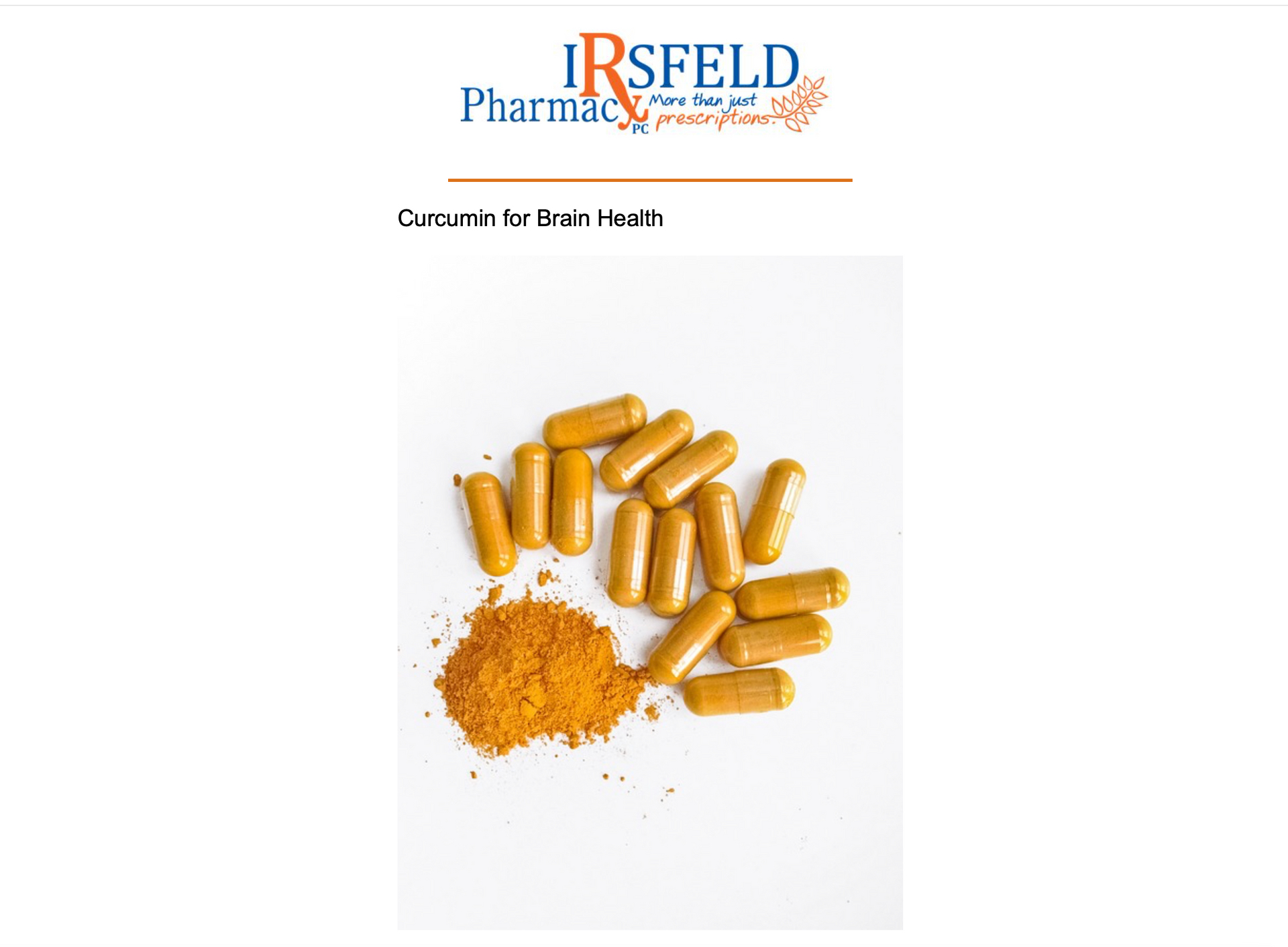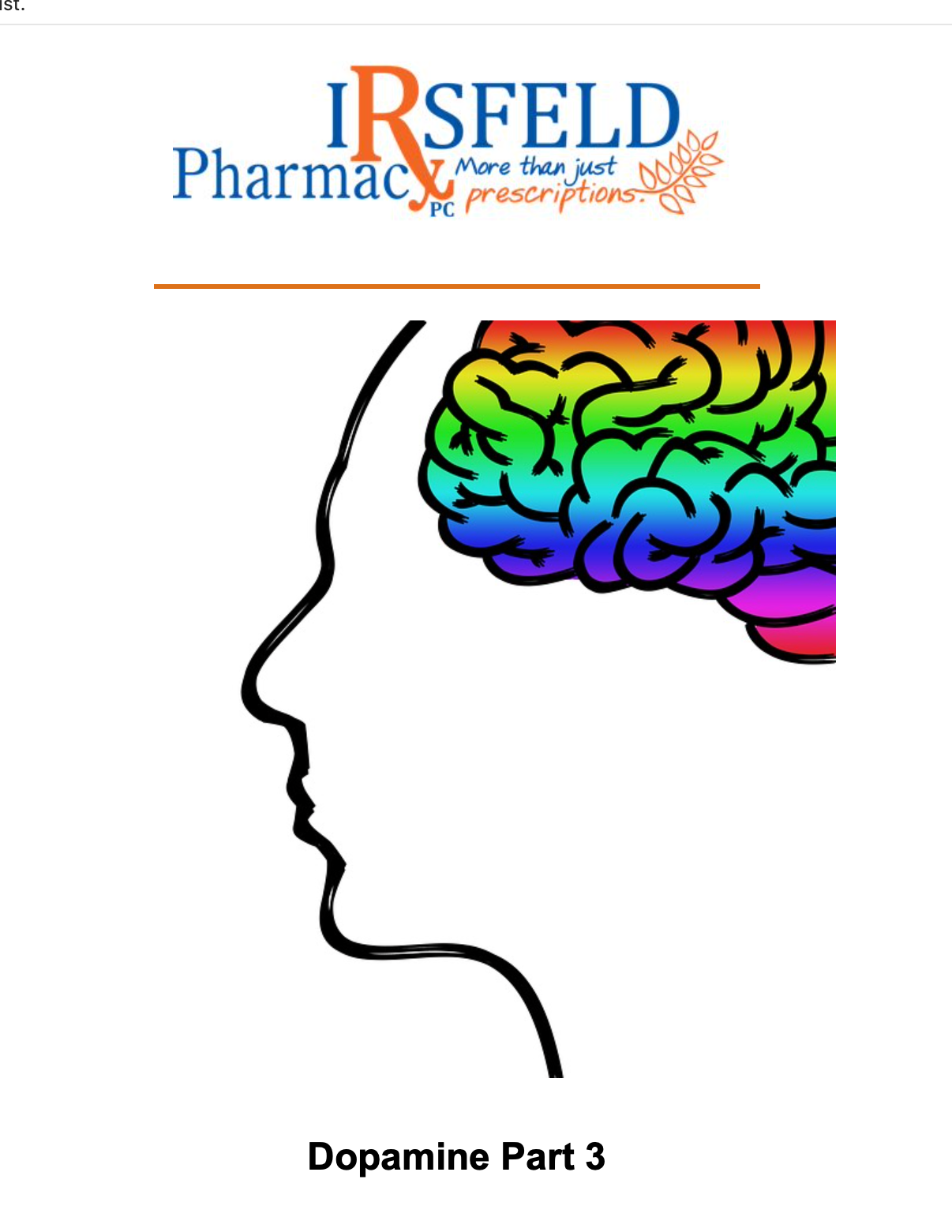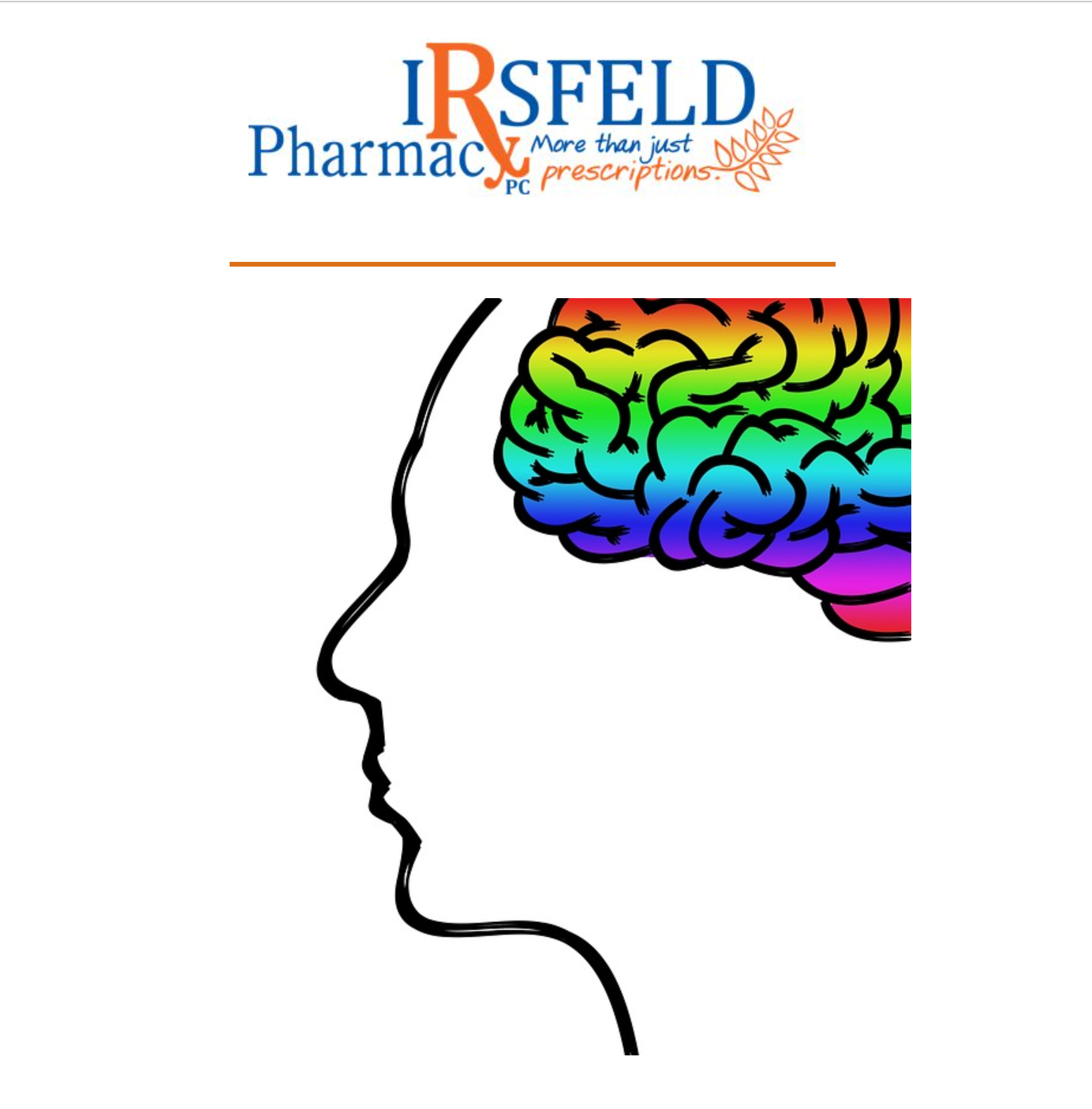Why is it called liquid GOLD?

Curcumin is one of my favorite dietary supplements because it has powerful anti-inflammatory and antioxidant properties. Inflammation, like cholesterol, has gotten a bad name over the years; however, human life would have a tough go of it with the lack of inflammation. Inflammation is the natural response to injury, infection, toxins, or when something is in your body that your body doesn't like. All are triggers to an inflammatory response, but it is the chronic, long-term inflammation that poses a problem, and curcumin can be a tool to help reduce the inflammation, particularly in the brain.
The pursuit of optimal brain health is a priority for many individuals, and recent research has shed light on the potential benefits of curcumin, a compound found in turmeric, in supporting brain function. Curcumin possesses potent antioxidant and anti-inflammatory properties that have been shown to impact various aspects of brain health positively. In this article, we will explore the exciting potential of curcumin in promoting cognitive function, protecting against neurodegenerative diseases, and enhancing overall brain health.
Maintaining optimal brain health is essential for overall well-being and quality of life. Recent scientific research has shed light on the potential benefits of curcumin in promoting brain health. Curcumin possesses potent antioxidant and anti-inflammatory properties, which have been shown to impact various aspects of brain function positively.
Curcumin has demonstrated promising effects on cognitive function, particularly memory and attention. A 2016 study showed that curcumin supplementation improved cognitive performance and memory in older adults without dementia. The researchers found that participants who received curcumin performed significantly better on memory tasks than those who received a placebo.
The beneficial effects of curcumin on cognition can be attributed to its ability to increase the production of brain-derived neurotrophic factor (BDNF). BDNF is a protein that supports the growth and maintenance of neurons and is essential for cognitive processes. A 2017 study found that curcumin treatment increased BDNF levels in the hippocampus, a brain region crucial for memory and learning.
In addition to its impact on BDNF, curcumin's anti-inflammatory properties contribute to its cognitive-enhancing effects. Chronic inflammation in the brain has been linked to cognitive decline and the development of neurodegenerative diseases. A 2019 study highlighted curcumin's ability to reduce neuroinflammation and improve cognitive function in animal models.
Curcumin exhibits remarkable neuroprotective properties, making it a subject of intense scientific interest for neurodegenerative diseases such as Alzheimer's and Parkinson's. These conditions are characterized by the accumulation of toxic protein aggregates in the brain.
Curcumin has been shown to interfere with the formation and deposition of these protein plaques. A study by Yang in 2015 demonstrated that curcumin reduced the accumulation of amyloid-beta, a protein associated with Alzheimer's disease, in the brains of mice. The researchers observed a decrease in amyloid-beta plaque burden, suggesting curcumin's potential to slow down the progression of neurodegeneration.
Moreover, curcumin's antioxidant properties are crucial in protecting brain cells from oxidative stress, a significant contributor to neuronal damage. Oxidative stress leads to the production of harmful free radicals that can impair cellular function. The many benefits of curcumin include its ability to scavenge free radicals and reduce oxidative stress in the brain.
We have discussed in previous articles ways to promote autophagy, a process by which damaged cells are removed and recycled, preventing their accumulation and subsequent neurotoxicity. Autophagy plays a crucial role in maintaining cellular homeostasis and preventing the buildup of toxic protein aggregates. Add autophagy to the many benefits that can be achieved by taking curcumin.
Curcumin's potential extends beyond cognitive enhancement and neuroprotection to improving mood and overall mental well-being. Depression and anxiety are common mental health disorders that can negatively impact brain function and quality of life.
Several studies have investigated the effects of curcumin in alleviating symptoms of depression and anxiety. A randomized, placebo-controlled study by Lopresti et al. (2014) found that curcumin supplementation significantly improved depressive symptoms in individuals with major depressive disorder. Another study by Sanmukhani et al. (2014) demonstrated that curcumin was as effective as a standard antidepressant medication in reducing symptoms of major depressive disorder.
Curcumin's mood-regulating effects can be attributed to its ability to modulate neurotransmitters such as serotonin and dopamine, which play critical roles in regulating mood and emotions. A study by Xu et al. (2018) showed that curcumin treatment increased serotonin and dopamine levels in the brain, suggesting its potential as a natural antidepressant and anxiolytic.
Furthermore, curcumin's anti-inflammatory properties contribute to its mood-regulating effects. Inflammation has been implicated in the development of mood disorders, and curcumin's ability to reduce inflammation may contribute to its antidepressant properties. A systematic review and meta-analysis from 2017 demonstrated that curcumin supplementation significantly reduced levels of pro-inflammatory markers in individuals with depression.
Curcumin, the active compound found in turmeric, holds tremendous potential for brain health. Scientific research has shown its ability to enhance cognitive function, protect against neurodegenerative diseases, and improve mood and mental well-being. However, it is important to consider curcumin's relatively low bioavailability. Suppose you are looking for a systemic effect. In that case, you will want to buy a product with proven absorption as curcumins' ability to be absorbed is greatly limited, and buying an inferior product may set you up for treatment failure.
As ongoing research continues to explore the potential of curcumin, it may emerge as a valuable natural intervention for promoting brain health and preventing age-related cognitive decline and neurodegenerative disorders.
Please stop by or call the pharmacy to discuss the benefits of curcumin supplementation, and let us help you choose a product with enhanced bioavailability. Please visit my website at www.irsfeldpharmacy.com to find this and other archived articles in the blog section.
Until next time, be vigilant about your health!!
VISIT US
HOURS
HOURS
CONTACT US
Fax #: (701) 483-4926












Share On: